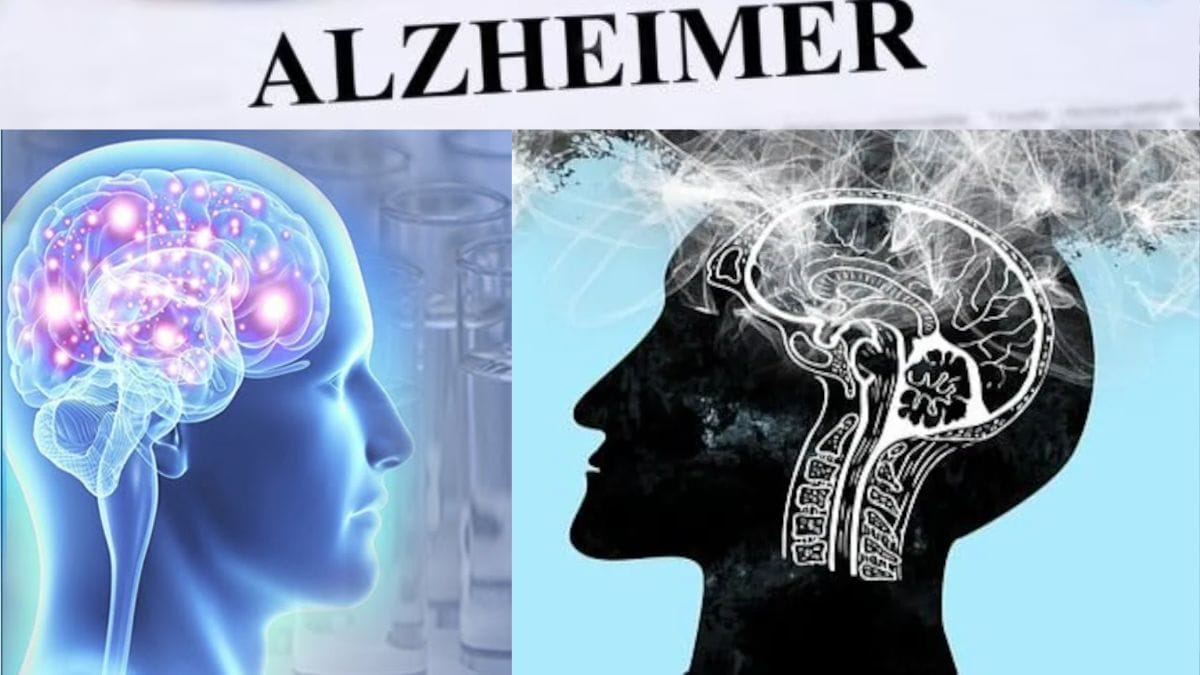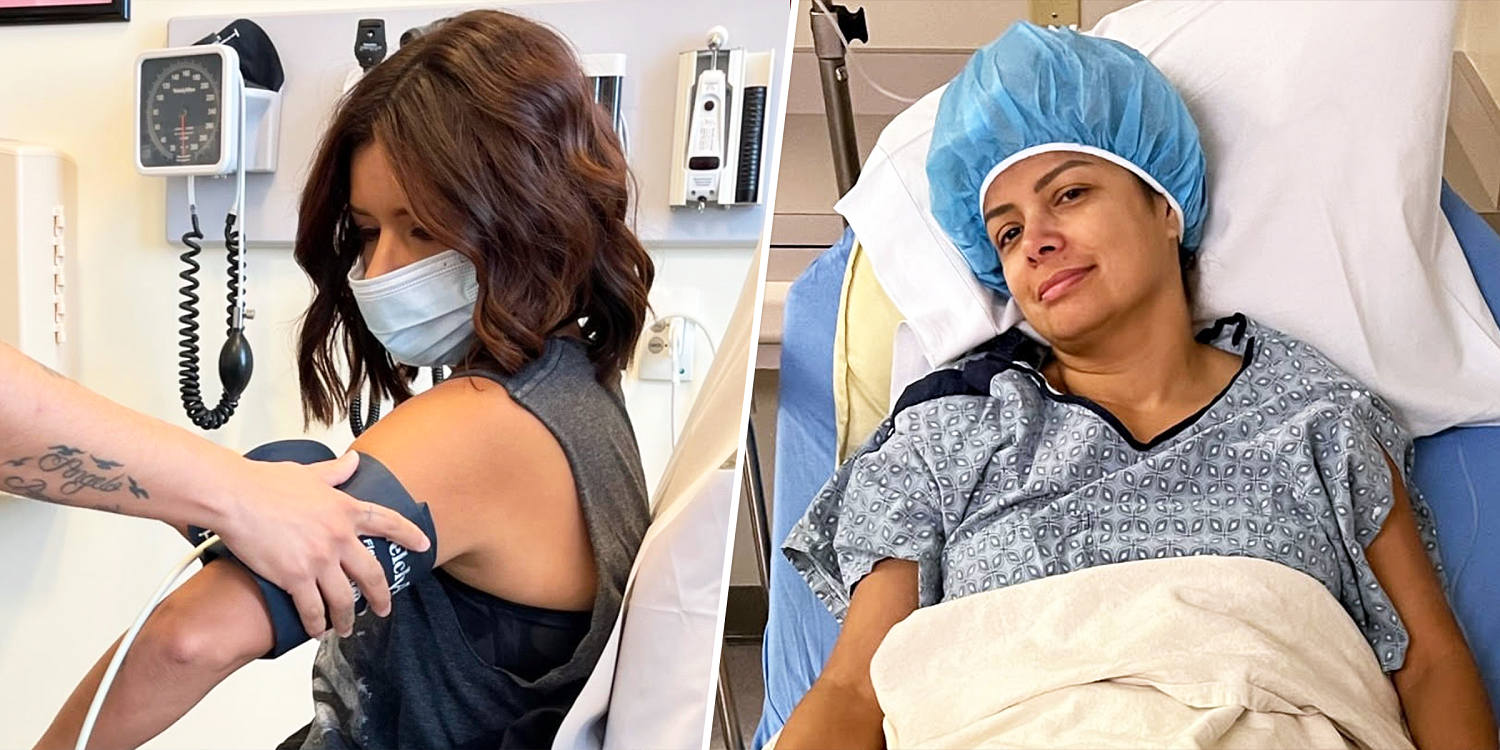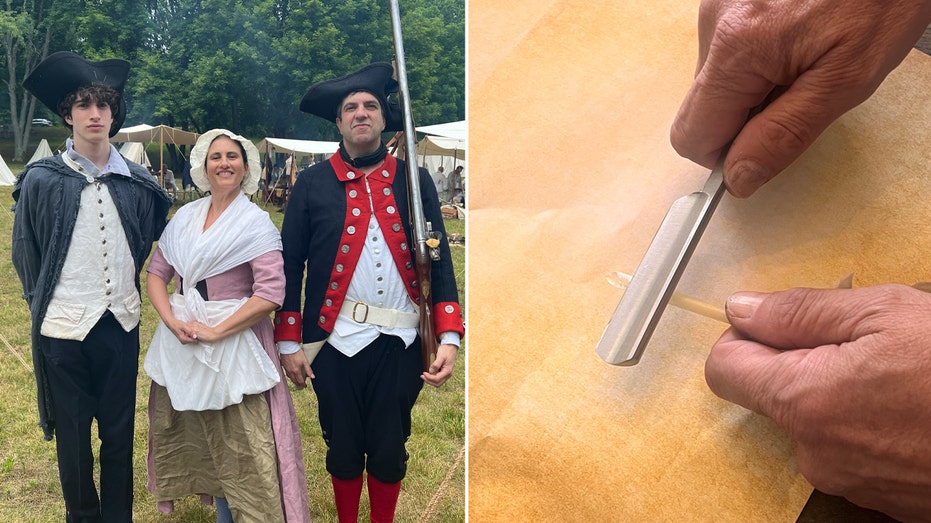
As cases of Alzheimer’s disease continue to rise across the world, concerns are growing about the impact this progressive neurological disorder has on individuals. Alzheimer’s, which impairs various brain functions leads to a severe decline in cognitive abilities, affecting memory, decision-making, and overall quality of life. The surge in cases is linked to factors like genetics, lifestyle choices and underlying medical conditions.
In light of the increasing prevalence of Alzheimer’s, understanding its symptoms, progression and prevention has become important. We spoke with Dr. Jyoti Bala Sharma, Director of Neurology at Fortis Hospital (Noida) to delve deeper into the complexities of the disease.

Alzheimer’s: What it is and key warning signs to watch for Dr Jyoti: Alzheimer’s disease is a progressive neurological disorder that affects memory, thinking, and behaviour. It is the most common form of dementia, accounting for 60-80% of dementia cases, it impacts more than 50 million people around the world, with a new person being diagnosed every three seconds. 1.
Memory loss : Forgetting recently learned information, important dates, or repeatedly asking for the same information. 2. Communication difficulties : Struggling to find the right words, following conversations, or understanding written or spoken language.
3. Problem-solving challenges : Difficulty with abstract thinking, making decisions, or judging time and space. 4.
Mood changes : Becoming easily agitated, anxious, or depressed, showing rapid mood swings. 5. Personality changes : Becoming passive, suspicious, or withdrawn, showing a lack of interest in activities.
6. Disorientation : Difficulty understanding time, place, or situation. 7.
Difficulty with daily activities : Trouble with daily tasks like bathing, dressing, or cooking. 8. Visual-spatial issues: Difficulty with balance, coordination, or understanding of visual information.
It should be kept in mind that everyone experiences some of these symptoms at some point. Still, if you notice a consistent pattern or combination of these signs, consultation with a healthcare professional for a proper evaluation and guidance should be done. How can people differentiate between normal age-related memory loss and early symptoms of Alzheimer’s leading to dementia? Dr Jyoti: It should be kept in mind that everyone experiences some of these symptoms at some point, but if you notice a consistent pattern or combination of these signs and if it starts impacting activities of daily life it is an early sign of dementia.
These patients need consultation with a healthcare professional for proper evaluation and guidance. How much does genetics play a role in Alzheimer’s, and what genetic factors are linked to increased risk? Dr Jyoti: Genetics plays a significant role in Alzheimer’s disease. While the exact causes are still not fully understood, research has identified several genetic factors that contribute to the risk of developing Alzheimer’s.
1. Early-onset Alzheimer’s: Certain genetic mutations (APP, PS1, PS2) can cause early-onset Alzheimer’s (before age 65). 2.
Late-onset Alzheimer’s: Multiple genetic variants (e.g., APOE-e4) increase the risk of late-onset Alzheimer’s (after age 65).
3. APOE-e4: The APOE-e4 gene variant is the strongest genetic risk factor for late-onset Alzheimer’s. 4.
Family history: Having a first-degree relative (parent or sibling) with Alzheimer’s increases a person’s risk. Can genetic testing help in determining the risk for Alzheimer’s Dr Jyoti: Genetic testing is primarily used for research purposes or in cases of early-onset Alzheimer’s. Can you share the latest advances in Alzheimer’s research, particularly in treatment and prevention? Dr Jyoti: Treatment for Alzheimer’s disease typically involves a combination of medications, lifestyle changes, and supportive care.
Medications like cholinesterase inhibitory and memantine are useful in the management of AD. Other than medications, the following can also be useful : Lifestyle changes: 1. Cognitive stimulation: Engage in mentally stimulating activities (e.
g., puzzles, reading). 2.
Exercise regularly: Physical activity may slow cognitive decline. 3. Social engagement: Stay connected with others.
4. Healthy diet: Focus on whole, nutrient-rich foods. 5.
Stress management: Practice stress-reducing techniques (e.g., meditation).
Supportive Care: 1. Caregiver support: Educate and support caregivers. 2.
Behavioral management: Address behavioral changes (e.g., agitation, aggression).
3. Physical therapy: Maintain mobility and strength. 4.
Occupational therapy: Assist with daily activities. 5. Speech therapy: Help with communication.
What role do experimental treatments, such as immunotherapy or gene therapy, play in Alzheimer’s research today? Newer directions like immunotherapy that target the beta-amyloid deposition in the brain are being tested on a trial basis. Lecanemab, a humanized IgG1 monoclonal antibody that binds with high affinity to Aβ soluble protofibrils, is being tested in persons with early Alzheimer’s disease. Are there specific stress-management techniques that are beneficial in reducing Alzheimer’s risk? Alternative Therapies: 1.
Music therapy: May reduce agitation and improve mood. 2. Art therapy: Encourages self-expression.
3. Pet therapy: Can reduce stress and improve mood..














